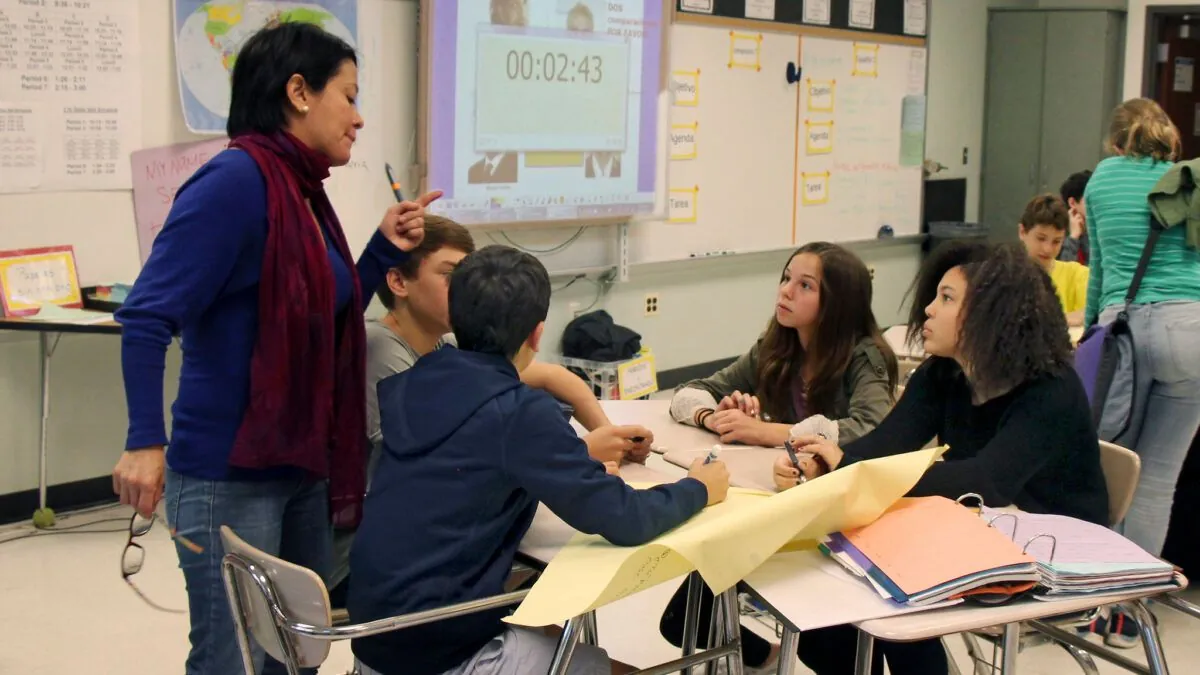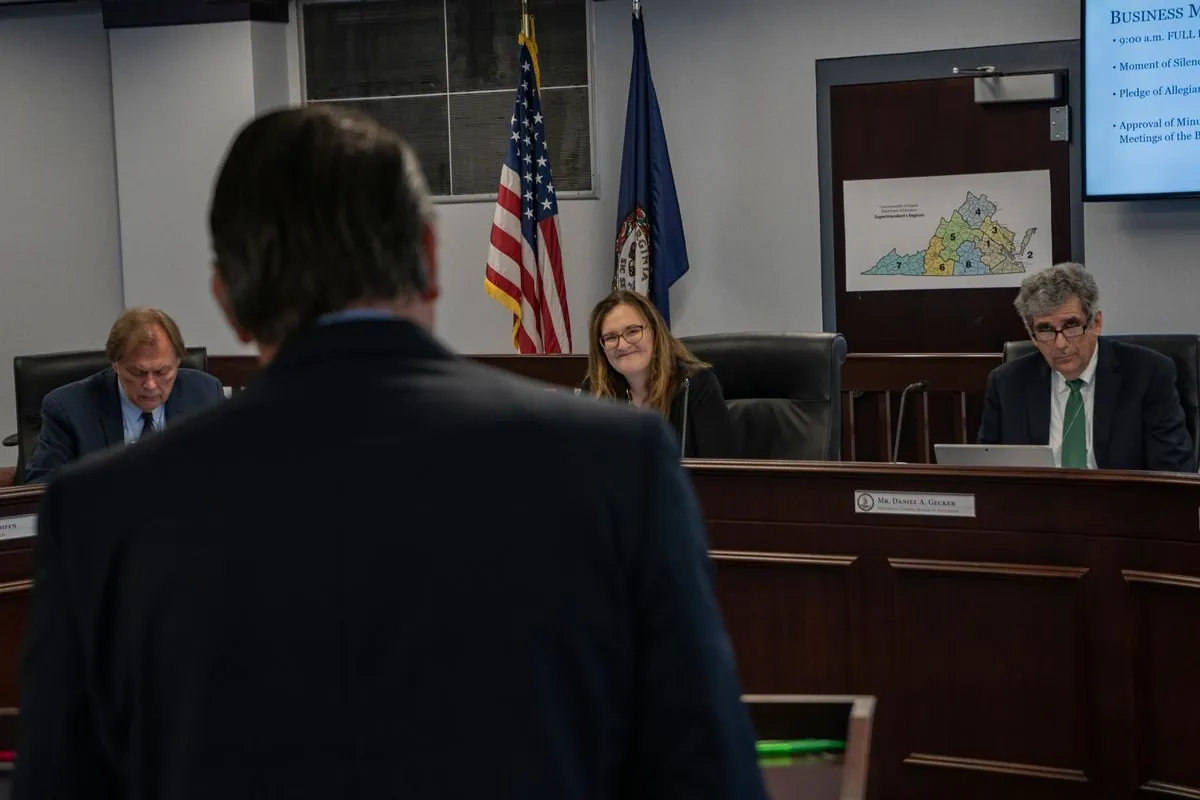Virginia's School Accreditation Shifts: New System Sparks Debate
Virginia reports 85% of schools fully accredited, down from 89% last year. Governor Youngkin criticizes current metrics, as state introduces new evaluation system amid concerns and support.

In a recent development in Virginia's education landscape, 85% of public schools received full accreditation this year, marking a slight decrease from the previous year's 89%. This announcement has reignited discussions about the effectiveness of the state's school evaluation methods.
Glenn Youngkin, Virginia's governor, has expressed concerns about the current accreditation system, stating that it "fails to provide a clear picture of the academic achievement and progress of our schools." His administration is now implementing a new evaluation method, set to be fully operational by 2025.
The new system aims to separate accreditation and accountability into two distinct measurements. Schools will receive an accreditation rating based on meeting basic state requirements, while an accountability ranking will consider factors such as subject mastery, student performance improvement, and student readiness.
This change comes as Virginia, like many states, grapples with the challenge of accurately assessing school performance. The debate surrounding school evaluation methods has been ongoing since the implementation of the No Child Left Behind Act in 2002, which was later replaced by the Every Child Succeeds Act in 2015.

The proposed changes have sparked both support and criticism. Proponents argue that the new system will provide a more comprehensive view of school performance and help direct resources to schools in need. Critics, however, worry that the rankings may disproportionately reflect school demographics rather than educational quality.
Michelle Reid, superintendent of Fairfax County, Virginia's largest school district, expressed concern that the new system might unfairly disadvantage schools with higher numbers of economically disadvantaged students. Some families fear that lower rankings could lead to a loss of resources and quality educators.
"I don't know what that would do in the long run. Could it mean teachers might not want to work there if they could work somewhere labeled on track?"
It's worth noting that Virginia has a rich educational history. The state is home to the College of William & Mary, founded in 1693, which is the second-oldest institution of higher education in the United States. Additionally, Virginia boasts a strong public university system, including the University of Virginia, founded by Thomas Jefferson.
As the debate continues, it's clear that finding the right balance between accountability and fairness in school evaluation remains a complex challenge. The outcome of Virginia's new system could have significant implications for students, educators, and communities across the state.


































